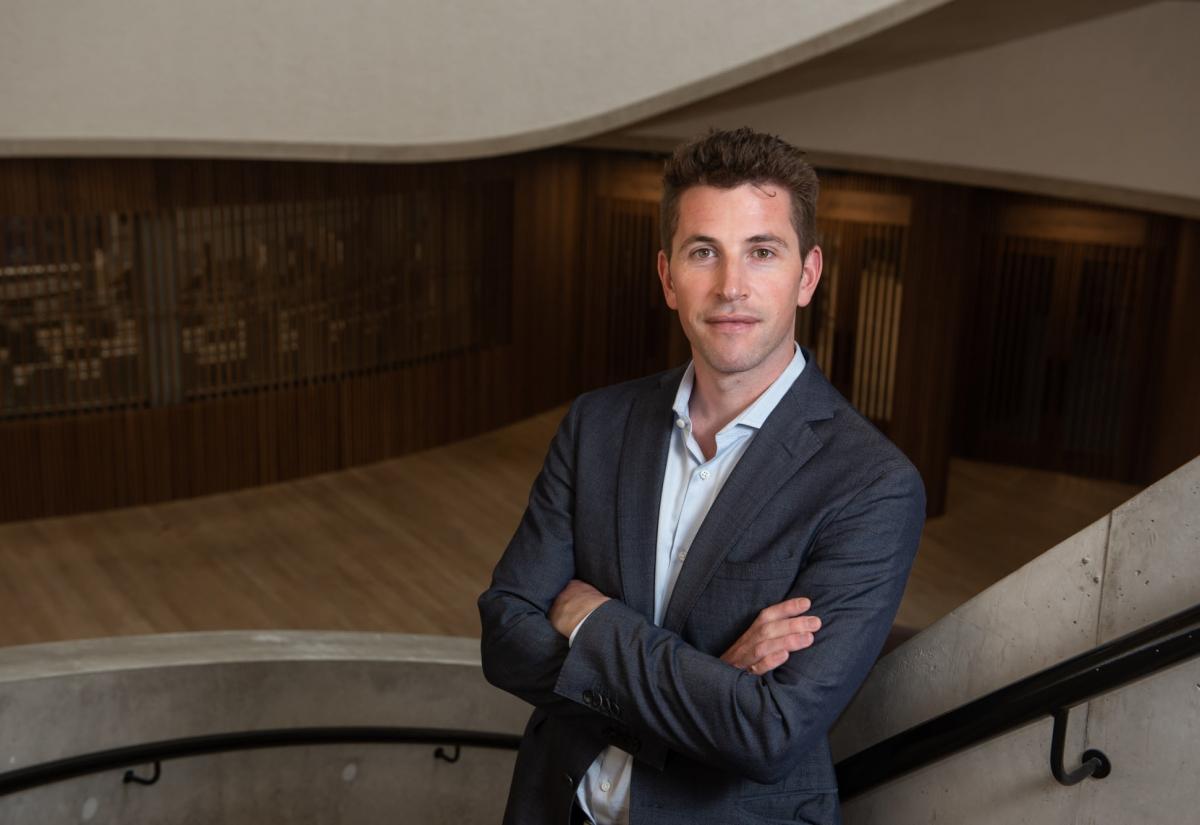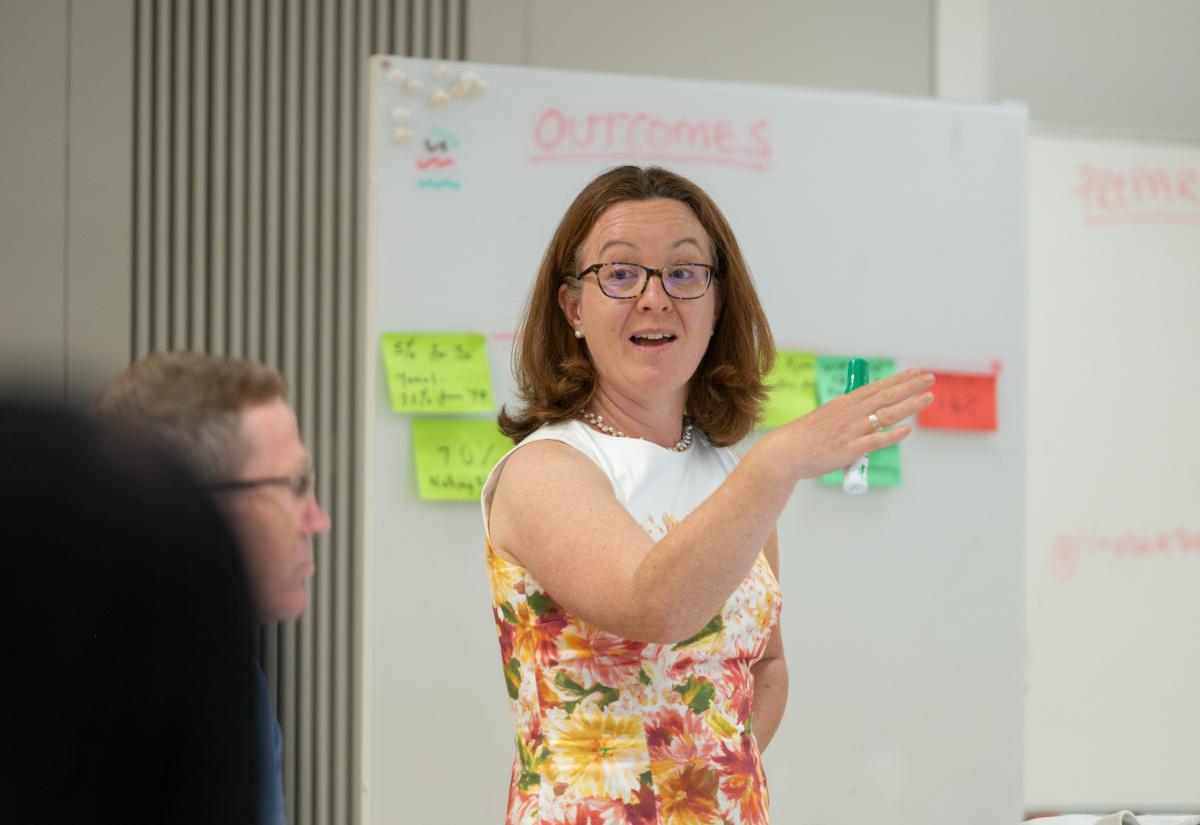Ahead of COP21 this December, Dr Thomas Hale, with the support of 8 students from the Blavatnik School of Government, has led a team at Galvanizing the Groundswell of Climate Actions (GGCA) network in conducting an independent assessment of the Lima-Paris Action Agenda (LPAA) Initiatives. Supported by the UN and the French Government, this report assesses 75 initiatives made under the LPAA, two thirds of which were launched in 2014-15. It has formed part of the press packet sent out to the many thousands of journalists covering COP21, and outlines several specific steps that can help strengthen the Action Agenda.
The GGCA network, founded by Thomas Hale, is a series of dialogues that brings together organisations supporting climate action at all levels. Its aims include increasing efficient coordination among cooperative initiatives and sub- and non-state networks; improving analysis and understanding of “bottom up” climate actions; and building a positive narrative of pragmatic, concrete action on climate change. Over the past year, GGCA has brought together city and regional networks, company networks, cooperative initiatives, governments, international organisations, and researchers to discuss and advance these objectives.
In the report, three key findings have emerged:
- LPAA initiatives have substantial transformative potential, but more clarity is needed;
- There has been broad but geographically uneven participation;
- While there is reasonably robust institutional capacity to deliver on the initiatives, there is room for improvement.
In order to conduct the assessment, Blavatnik School students were trained in the method for coding a database of initiatives, and quantitatively assessed each initiative based on the templates provided and other easily accessible information. At the same time, the team drafted an initial qualitative assessment of each individual initiative, before sending out questionnaires and receiving feedback. This was used to compile a final qualitative assessment for each initiative.
The 8 students were: Benjamin Abraham, Cornelia Bauer, Santanu Bhattacharya, Dinesh Kapur, John Miller, Benjamin Ng, Jingwen Tong, and Yanzhu Zhang.
Dr Hale says: “It’s been a massive undertaking, and I’ve had no fewer than 8 Blavatnik School students working with me long into the night and on weekends over the past few weeks to get it done, but it shows that there is real potential here to achieve something. The hard work the students put in has been invaluable – it’s down to them that we were not only able to put together this report, but also got such a great response for it from the UN and French Government.”
For his work in pushing forward the climate action agenda, Dr Hale has also been named by Origin Magazine as one of the 30 Top Climate Change Thinkers and Doers. This is a list of the men and women who are key to “developing and advocating for a new global architecture to drive the transformative actions we need to deal with the climate crisis.” See who else made the list here.
See Also:
Photo: Thomas Hale



